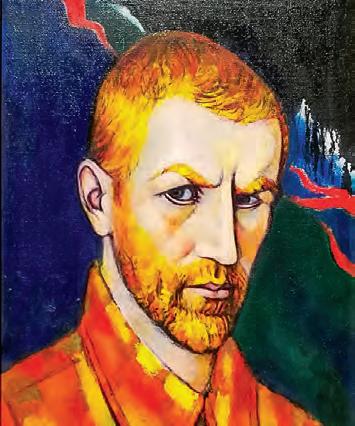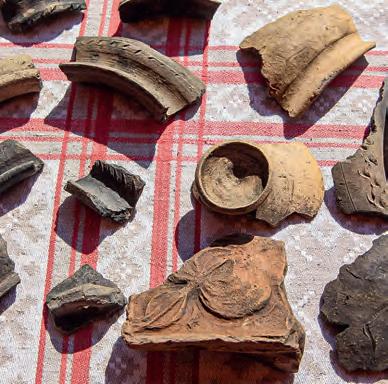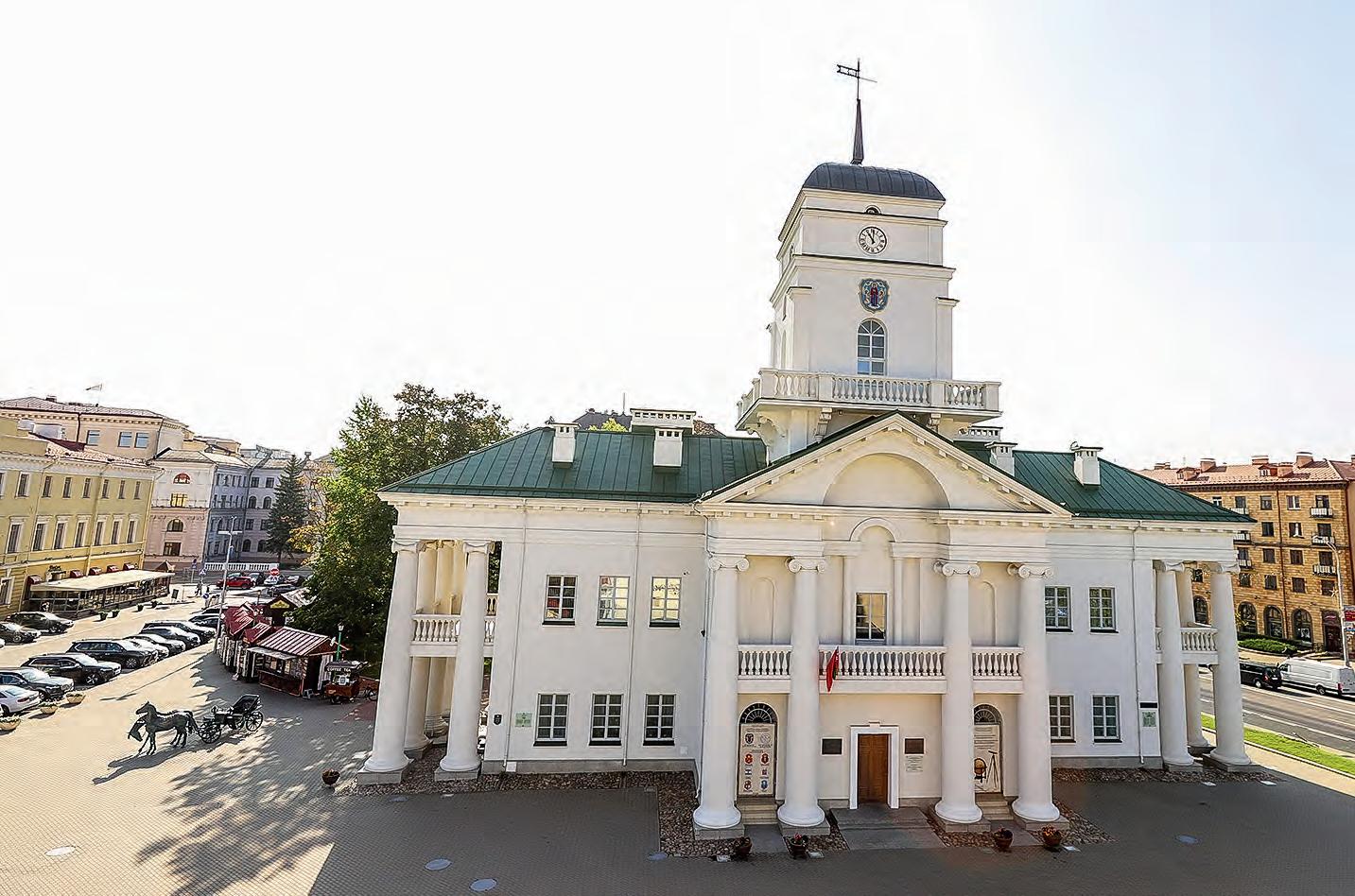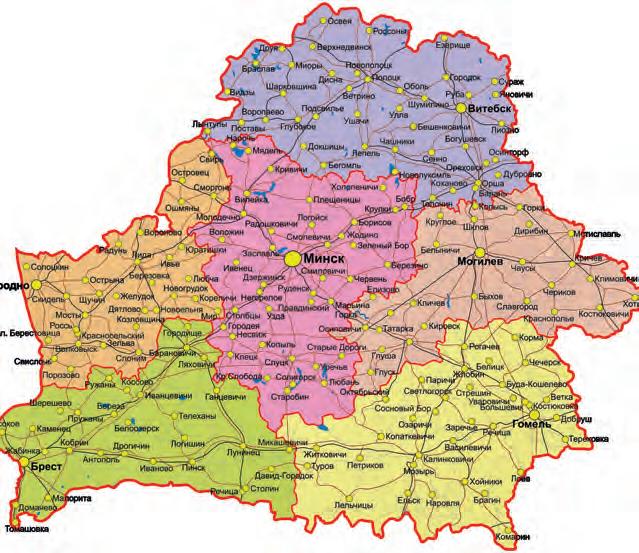FILM SCREENING
JOIN MEMORY RETURN Five unexpected facts about the film “Farsi Lessons”: what makes this film special?
REZKA.AG
Last year the film “Farsi Lessons” appeared at the Berlinale and the Moscow Film Festival, and if not for the pandemic, it would have declared itself at dozens of film festivals around the world and gathered viewers in cinemas… It is the result of coproduction of Russia, Germany and Belarus. The film was shot by an American director who was born in Ukraine, Vadim Perelman. Filming took place in Belarus. The plot is one that compels
comparison with such world famous films as “Schindler’s List”, “The Pianist”, “Life is Beautiful”. The Holocaust. Fascism. Victims and executioners. Humaneness and inhumaneness. And the issue of historical memory, which is extremely urgent for Belarusians. Well, let’s remember what makes this film special.
1. The screenwriter found the plot at the age of fifteen Ilya Tsofin, a Russian screenwriter, says that he found the plot for this film when he was fifteen years old. He read a Soviet magazine — he can’t even remember exactly which one, perhaps “Around the World”. There he had read a story about a Jew, a prisoner of a fascist concentration camp, who in order to survive, passed himself off as a Persian and taught the Persian language to one of his guards, not knowing it himself, inventing it as he went along. That story stuck in his memory, the character aroused admiration — you have to be almost a genius to be able to make up a believable language like that, to keep the words and rules in your memory so that you don’t get disclosed… As time passed, the famous screenwriter Ilya Tsofin wrote a screenplay based on that story. The famous producer and director Timur Bekmambetov became interested in it and started negotiations with the studios. As Tsofin told Berlin radio, however, the famous film studio made it a condition that he had to provide proof that the story was real! The screenwriter searched through all the Soviet journals in Moscow’s Leninka. He could not find the publication that had got into his memory when he was a teenager. He hired someone to continue the search — in vain. And then it turned out that the story had literary origins, i. e. namely, a retelling of a story by the GDR writer Wolfgang Kalhaase “The Invention of Language”, which can sometimes be found under the title “Persian for Capo”. The copyright was bought, but Kalhaase claimed that it was based on a true story! Tsofin gave the story its own flair. The Belgian Jew Gilles Kremier, along with the other victims, was driven in a truck to the execution site. In the truck, one of his fellow victims exchanged a sandwich for a book of Persian fairy tales. It was this book that
28
БЕЛАРУСЬ. BELARUS 2021












